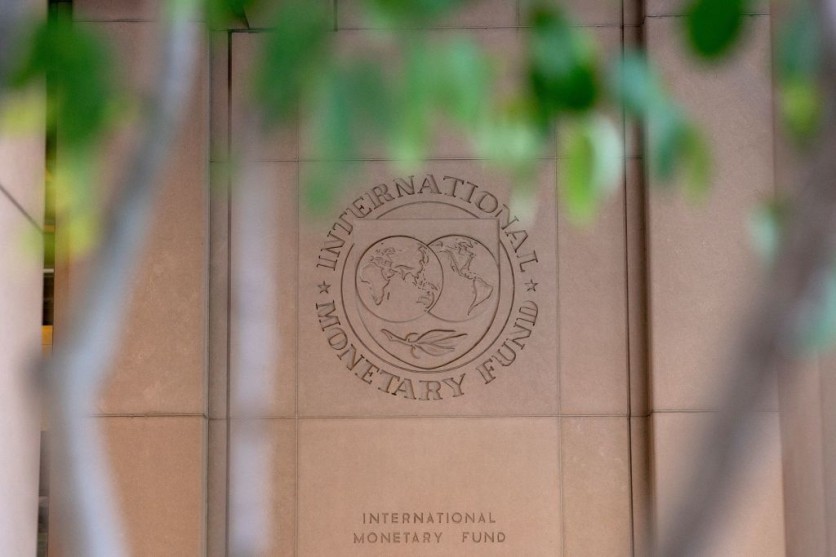The International Monetary Fund (IMF) has released a comprehensive report shedding light on the potential implications of incorporating generative AI systems within the financial sector.
According to BTC Peers, the study, which acknowledges the advantages of this technology, underlines the necessity for financial institutions to exercise prudence and conduct thorough risk assessments prior to widespread implementation.

International Monetary Fund on Generative AI in the Financial Sector
Generative AI encompasses systems such as ChatGPT that can create new content in various forms, including text, images, and audio.
The IMF report highlights the possible efficiency gains and enhanced customer experience that generative AI could bring to financial services.
However, the report cautions against overlooking the significant risks associated with data privacy, bias, accuracy, cybersecurity, and financial stability.
The prominence of ChatGPT has propelled interest in employing generative AI across sectors. Prominent financial institutions such as Capital One, JPMorgan, and Goldman Sachs are involved in using these technologies.
The IMF's analysis anticipates the rapid adoption of generative AI in finance for tasks such as automated document processing, analytics, customer chatbots, and product development.
Nevertheless, it emphasizes the evolving nature of the technology and the need for careful consideration. The report outlines several critical financial sector risks that demand attention, such as data privacy, embedded bias, accuracy, explainability, and cybersecurity.
"GenAI will accelerate AI adoption in the financial sector. Competitive pressures have fueled rapid adoption of AI/ML in the financial sector in recent years by facilitating gains in efficiency and cost savings, reshaping client interfaces, enhancing forecasting accuracy, and improving risk management and compliance," the report reads.
"GenAI could also deliver to cybersecurity benefits ranging from implementing predictive models for faster threat detection to improved incident response," it added.
The IMF study also discusses the potential emergence of systemic risks within the financial sector due to the widespread adoption of generative AI.
These risks include overreliance on AI-generated reports during market fluctuations, the rapid spread of inaccurate content throughout the system, and the amplification of market maneuvers by AI.
IMF Offers Recommendations
In light of these insights, the report offers recommendations to financial institutions:
1. Conduct thorough pilot testing and risk assessment before rolling out generative AI systems.
2. Ensure human oversight and accountability for all AI-informed decisions.
3. Engage with regulatory guidance to ensure compliance with use cases.
4. Enforce the limitations on the deployment of generative AI to non-sensitive areas until risks are better understood.
The IMF predicts the evolution of regulatory standards over time to guide the use of generative AI. Regulators are also encouraged to enhance their oversight capabilities and foster cautious industry adoption.
The report offers a well-rounded perspective on the possible advantages and drawbacks of incorporating generative AI into the financial sector.
While the potential of the technology is promising, the report of the International Monetary Fund underscores the essential requirement for a vigilant and controlled strategy to prevent potential adverse outcomes.
The recommendation for financial institutions is to work closely with regulatory bodies, ensuring that the implementation of generative AI aligns with industry stability and equity.
Related Article : How AI Helped a Paralyzed Woman Speak Again 18 Years After a Stroke

![Apple Watch Series 10 [GPS 42mm]](https://d.techtimes.com/en/full/453899/apple-watch-series-10-gps-42mm.jpg?w=184&h=103&f=9fb3c2ea2db928c663d1d2eadbcb3e52)



